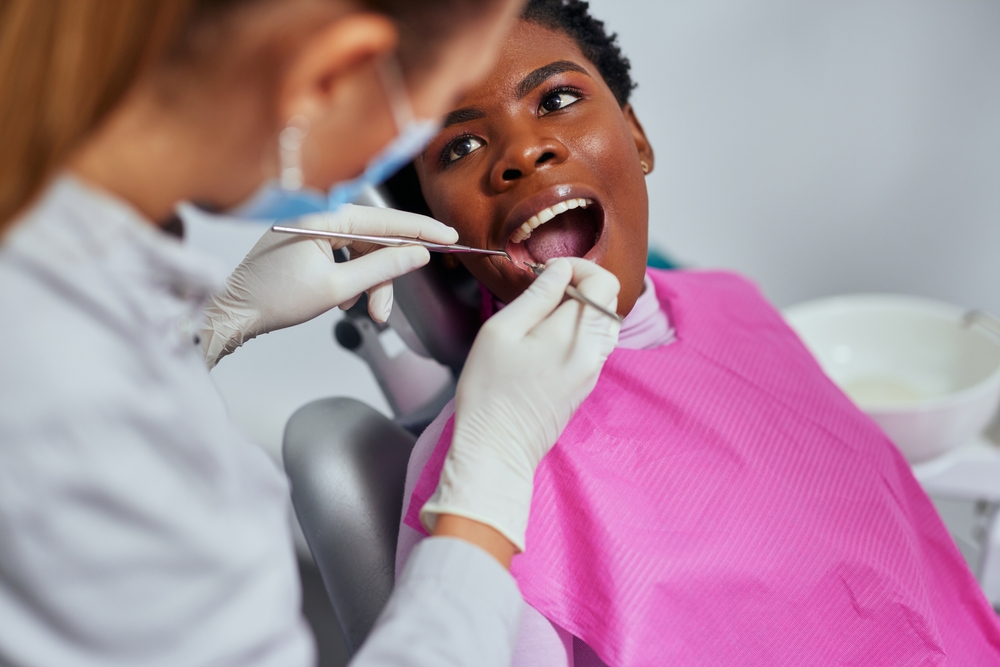Source: Gloria Addo

As the world marked World Oral Health Day 2025, the World Health Organization (WHO) has raised serious concerns over Africa’s limited access to essential oral healthcare. According to Dr. Chikwe Ihekweazu, WHO’s Acting Regional Director for Africa, only 17% of Africans currently have access to oral health services, leaving millions vulnerable to preventable pain, disease, and disfigurement.
World Oral Health Day, observed annually on March 20, is a global initiative aimed at promoting the importance of oral health as a key part of overall well-being. However, in Africa, oral diseases continue to go largely unaddressed, especially in underserved communities.
In his message commemorating the day, Dr. Ihekweazu revealed that 42% of people in the WHO African Region were affected by oral diseases in 2021. These include:
Noma, if untreated, is often fatal. Survivors frequently suffer from lifelong disabilities, facial disfigurement, and social stigma.
Despite the critical need, Africa continues to lag behind in oral health indicators. A few key statistics:
Preventive strategies like fluoride promotion and sugar reduction campaigns have seen limited success due to systemic challenges, including low awareness and inadequate policy enforcement.
To combat these challenges, African nations have adopted the Regional Oral Health Strategy (2016–2025) and aligned with WHO’s Global Strategy on Oral Health and the Global Oral Health Action Plan (2023–2030). These frameworks seek to:
The WHO is also set to convene the first-ever Global Oral Health Meeting in Thailand in November 2024, where governments, donors, and experts will discuss pathways to scale up services, especially in low-resource settings.
Dr. Ihekweazu emphasized the need for accelerated action:
“Oral health must be recognized as an essential component of health systems. We must tackle the social and commercial factors driving the burden and ensure equity in access to preventive and curative services.”